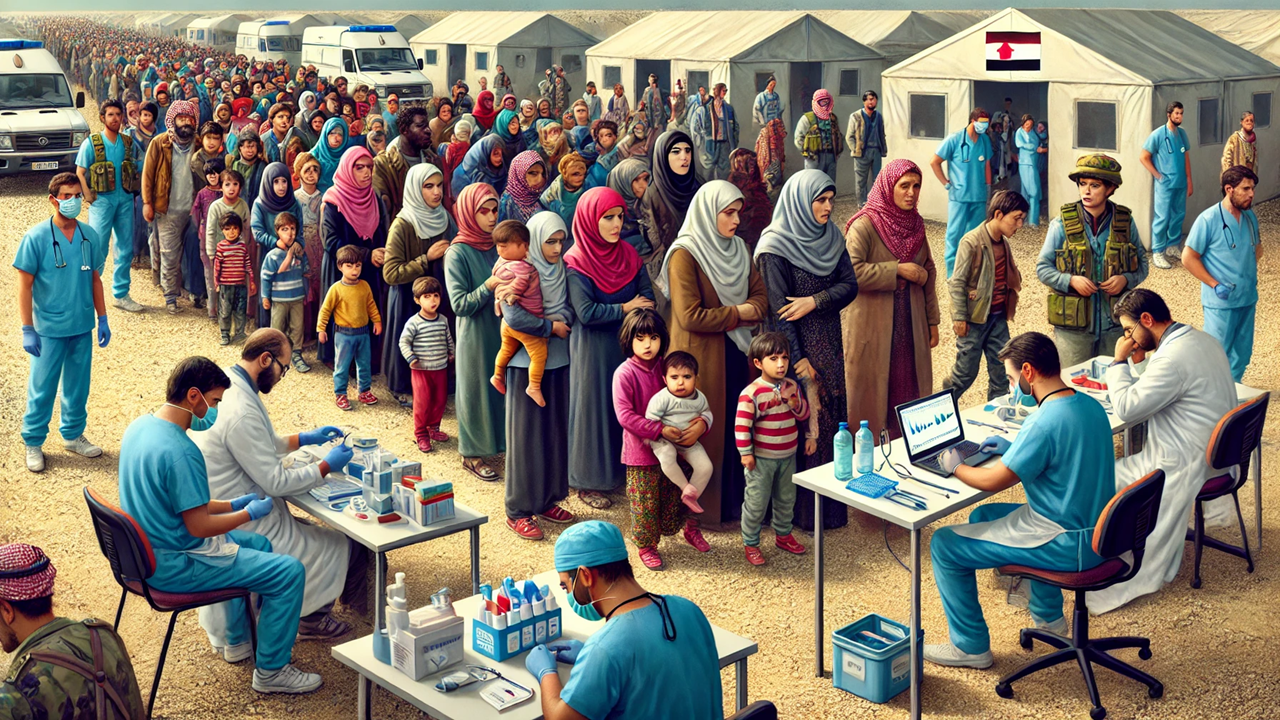In a major step toward empowering displaced individuals, the United Nations Refugee Agency (UNHCR) has partnered with the International English Language Testing System (IELTS) to offer free English language tests for refugees. This collaboration aims to open doors to educational and employment opportunities by providing refugees with access to the world’s most trusted English language test. Jointly owned by the British Council, IDP (International Development Program), and Cambridge University Press & Assessment, IELTS is widely recognized by governments, employers, and academic institutions around the globe.
The initiative comes at a critical time for refugees, with over 83 percent hosted in low- and middle-income countries where educational and job opportunities are limited. Globally, only 7 percent of refugees of university age have access to higher education, compared to 42 percent among the general population. These disparities stem from various challenges, including lack of recognition of prior qualifications, financial constraints, restrictive policies, and cultural factors.
UNHCR’s collaboration with IELTS seeks to address these barriers by providing free testing, helping refugees demonstrate their language proficiency and access opportunities that require English certification. As a globally respected test, IELTS is often essential for refugees who wish to pursue studies or careers in English-speaking countries or international institutions.
In 2023 alone, IELTS administered over 4 million tests across 140 countries, underscoring its relevance as a career and study prerequisite for both refugees and non-refugees. By waiving testing fees, IELTS aims to give refugees the chance to build their academic and professional futures without the financial burden of the test, which can otherwise be prohibitive. UNHCR will work closely with refugees to identify the most appropriate test sites and schedules, ensuring accessibility for those selected for the program.
UNHCR and IELTS believe that language skills are a pathway to integration, economic independence, and dignity. The partnership is expected to have a transformative impact, helping refugees overcome obstacles and build long-term resilience through education and employment.











